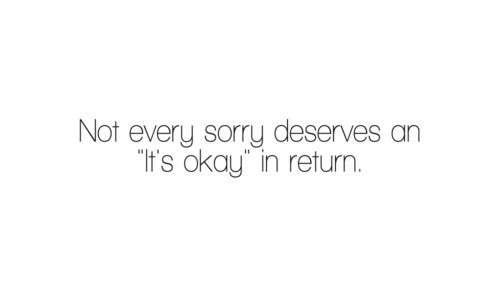When we think of domestic violence, stereotypically we picture scenes of physical violence. Bruises. Scars. Brutal beating. Rape. Wounds. And many times, that is what domestic violence looks like. Yet many more times domestic violence goes unnoticed, simply because it is not physical. Chances are big, that in your own personal life you have witnessed a lot of domestic violence, which you did not recognize as such. Just think about it. How many times have you heard stories of romantic relationships in which one jealous partner behaves in a very controlling way? And how many times did you or others diagnose this behaviour as a sign of affection instead of abuse? How many times did you hear people say things such as;


“He checks my text messages and e-mails.”
“She tells me she could have married a person with a better job.”
“He says I am too sensitive to appreciate his jokes about me.”
“She treats me like a child.”
“I’d rather have him care too much than care too little.”
“She says she would rather die than to live without me.”
“He makes me feel like a failure in life.”
Although at first glance, these instances may appear innocent, we need to remind ourselves that they can, in fact, be indicators of abusive relationships. Here it is important to stress that there is a difference between emotionally abusive behaviour and an emotionally abusive relationship. Emotionally abusive behaviour is generally characterized as behaviour with a purpose of emotionally hurting another person, and this can occur in a fight between two people. An emotionally abusive relationship, on the other side, occurs when emotionally abusive behaviour is repeated to the extent that it forms a pattern and a misbalance in power in the relationship. As you might intuitively understand, the line between the two is blurry, but the difference becomes especially important when we analyse emotional abuse from a gender perspective.
Socio-psychological research has pointed out that generally, emotionally abusive behaviour is perpetrated equally by individuals from all genders. However, emotional abusive behaviour inflicted by men is more likely to lead to abusive relationships. One reason for this might be that, in many cultural contexts, emotional abuse by men towards women is easily done by inflicting fear. In India, for example, a man can threaten a woman to publicize her nude photos if she does not listen to him. This would lead to her being shamed to a much larger extent than when she would do the same to him. In other words: he has less to fear.
All of this leads us to conclude that we need an increased awareness of emotional abuse. In the end, nobody deserves to live in fear or to feel worthless. Let us therefore keep our eyes open for the abuse in the lives of others and for that in our own lives. In case you are unsure about whether your relationship might be abusive, please consider checking out this list. As Aibileen Clark said in The Help: you is smart, you is kind, you is important.
Looking forward to reading your blogs, you can mail us your entries at WriteWithUs@csrindia.org, or upload them at Write With Us.
Donation for Centre for Social Research to Join our effort in rehabilitating Domestic Violence
Discuss this article on Facebook




